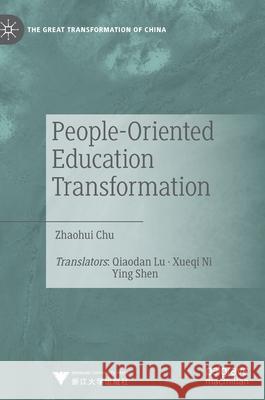People-Oriented Education Transformation » książka
topmenu
People-Oriented Education Transformation
ISBN-13: 9789811663529 / Angielski / Twarda / 2022 / 394 str.
People-Oriented Education Transformation
ISBN-13: 9789811663529 / Angielski / Twarda / 2022 / 394 str.
cena 483,04
(netto: 460,04 VAT: 5%)
Najniższa cena z 30 dni: 462,63
(netto: 460,04 VAT: 5%)
Najniższa cena z 30 dni: 462,63
Termin realizacji zamówienia:
ok. 16-18 dni roboczych.
ok. 16-18 dni roboczych.
Darmowa dostawa!
Kategorie:
Kategorie BISAC:
Wydawca:
Springer Verlag, Singapore
Seria wydawnicza:
Język:
Angielski
ISBN-13:
9789811663529
Rok wydania:
2022
Ilość stron:
394
Waga:
0.61 kg
Wymiary:
21.01 x 14.81 x 2.24
Oprawa:
Twarda
Wolumenów:
01
Dodatkowe informacje:
Wydanie ilustrowane











